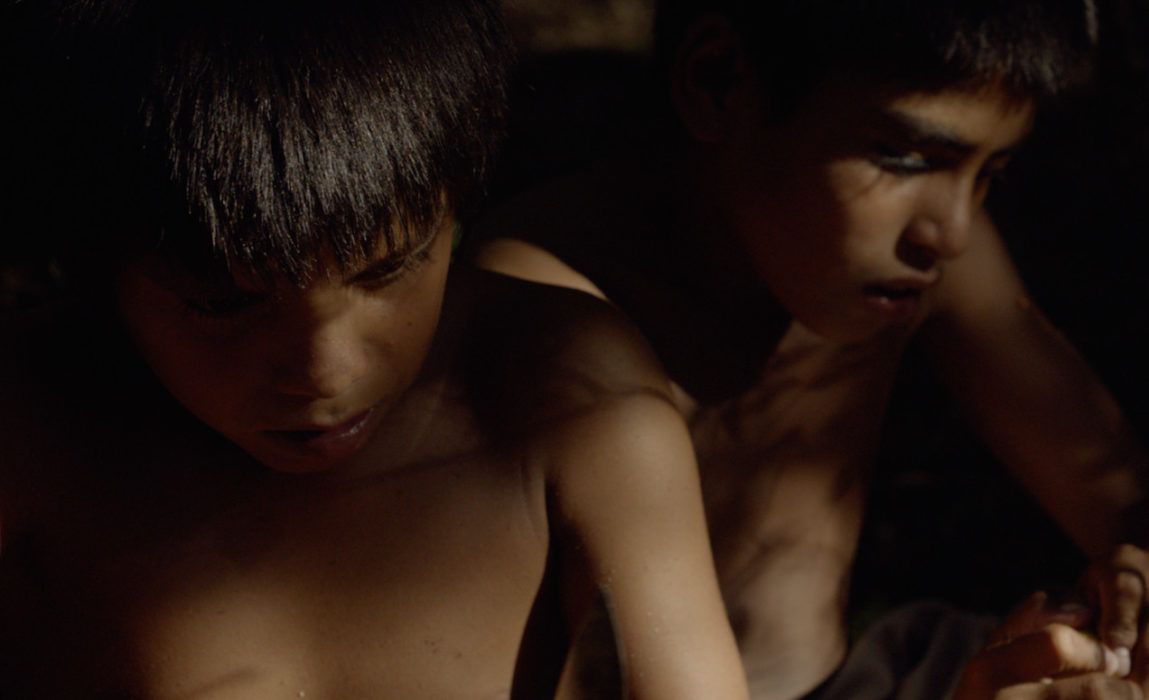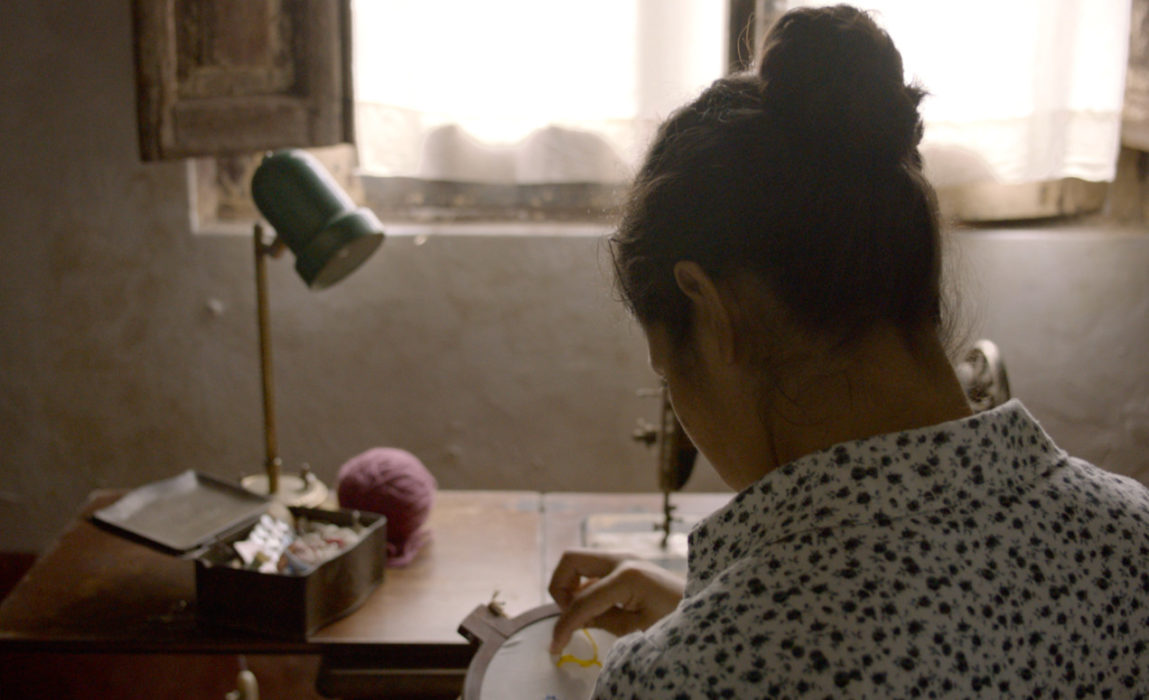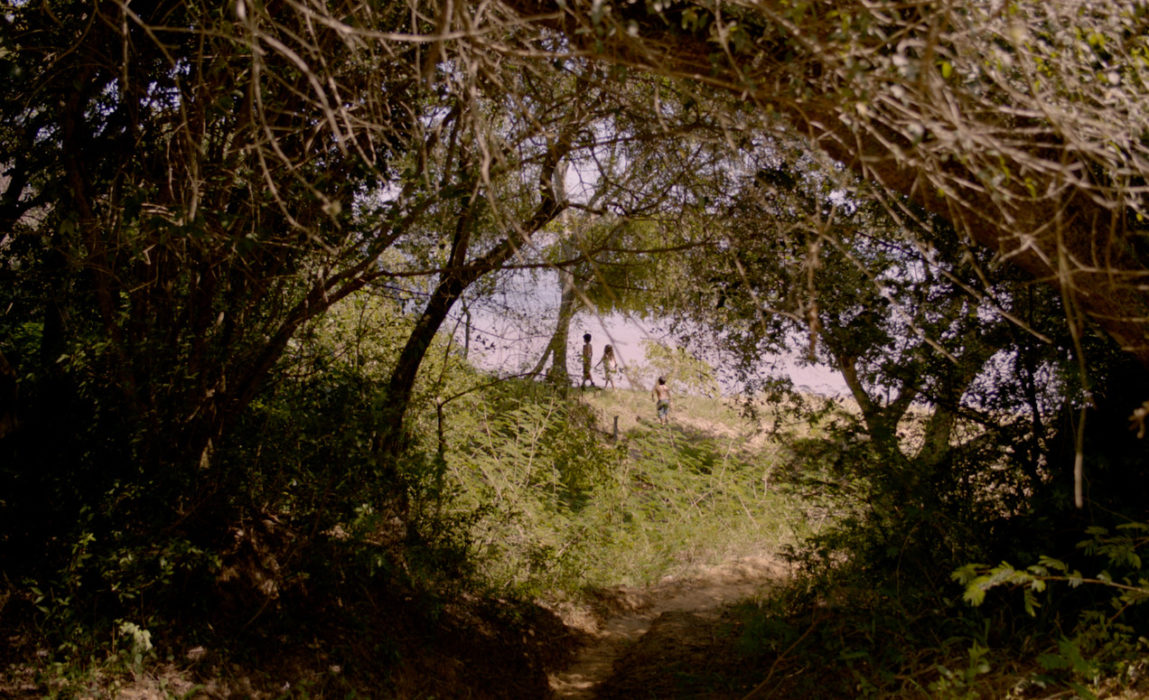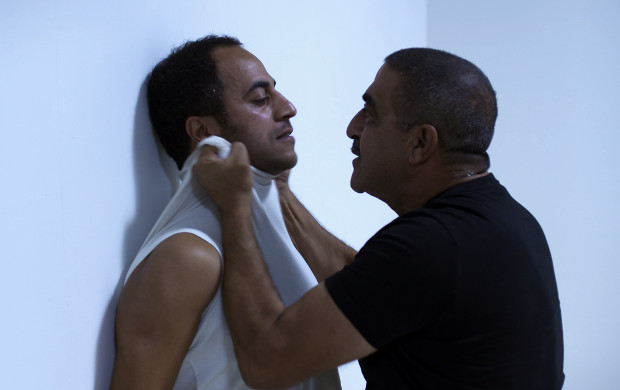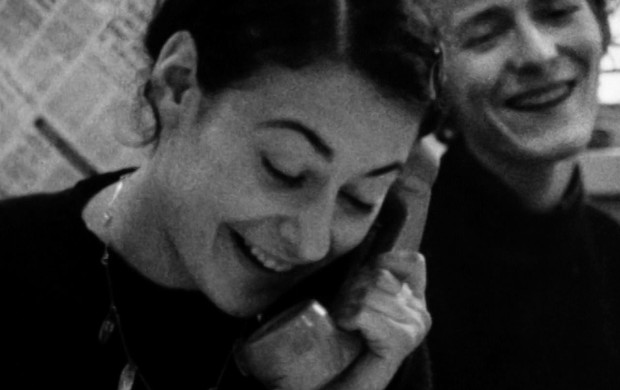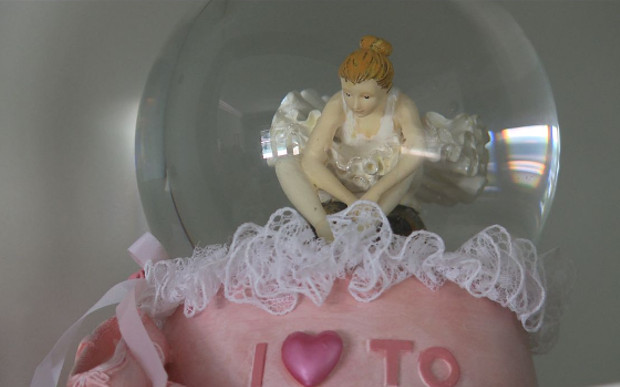Ejercicios de memoria
Drawing on interviews with the three children of Agustín Goiburú, an opponent of the dictatorship who “disappeared” in 1976, Paz Encina recreates the singularity of a clandestine childhood and the repressed memories of Paraguay’s history.
The Paraguay where Paz Encina grew up until she was 18 endured the longest dictatorship in Latin America, from 1954 to 1989. In 1998, the filmmaker, whose father opposed the regime, had already begun to gather the testimony of the widow of Agustín Goiburú, the most famous dissident under the Stroessner regime who disappeared in 1976. It was only in 2012, having acquired the maturity required for this ambitious “memory exercise”, that she returned to the places where the wife and children of the leader of the Movimiento Popular Colorado (the resistance party) had been exiled. “And in the middle of this, childhood, the seed of everything.” Mingling her own childhood voice-over memories with reenacted testimonies, Encina weaves a rich and intricate canvas that is never imprisoned in a historical past. Her evocation of childhood and its bond with nature – forest, river, the relationship with animals, the slowness of time passing in the afternoon light – invites us to reflect on the texture of memories forged at that age, and the way these are sometimes tied to a detail. At the beginning of the film, a laid table seemingly deserted by its family appears to wait interminably for the end of the meal. This lovely still life bereft of human presence condenses the violence of exile, corroborated by the Goiburús’ precise testimonies. But its calm also reinforces the strange serenity that runs throughout the film, combining the indifference of surrounding nature with a suggestion of childlike resilience. (Charlotte Garson)
Constanza Sanz Palacios; Marie-Pierre Macia; Rawane Nassif; Paz Encina; Paulo De Carvalho
María Astraukas
Guido Berenblum
Matías Mesa
